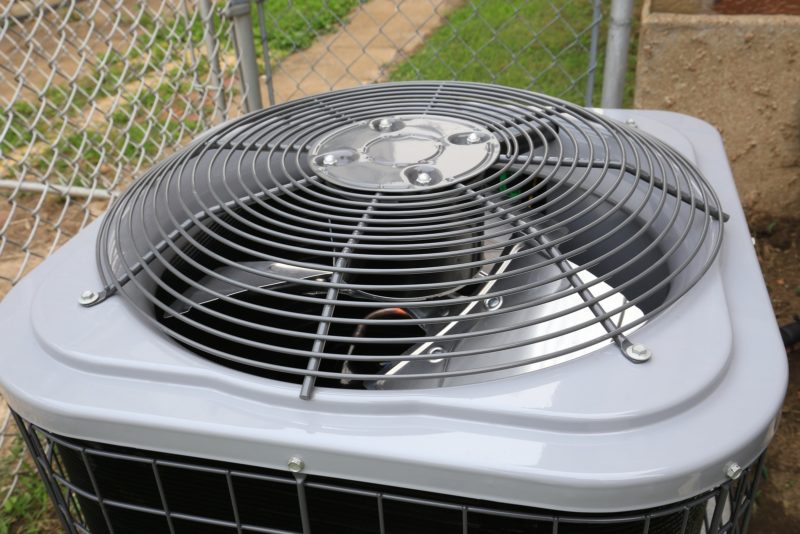Earlier this year, it was announced that the United States was imposing a 25 percent tariff on imported steel and a 10 percent tariff on imported aluminum; these new tariffs took effect on March 23, 2018. While tariff exemptions may be possible for some countries, these exemptions will take time to process and become retroactive.
Reactions from domestic organizations and manufacturers have been mixed. However, one thing is clear: These tariffs will directly affect the HVAC industry, among several others. These broad changes have caused a tremendous amount of uncertainty and disruption in several manufacturing sectors worldwide. The long-term impact these tariffs will have on the manufacturing costs of raw materials, jobs, and consumer pricing remains to be seen.
To avoid any potential price increases for a new HVAC system for your Chatham County, Georgia, home, we recommend that our customers consider moving forward on any purchases involving products made of steel or aluminum, as prices are expected to rise relatively soon.
What Prompted the Tariffs?
The aforementioned tariffs were imposed in an effort to strengthen the weakening domestic steel industry and to encourage more manufacturing to take place within the United States. It is thought that this is needed in part to maintain national security. However, this cannot be achieved without maintaining a domestic supply of steel and aluminum to produce military equipment in the event of a war.
The current U.S. administration is also using these tariffs as leverage to negotiate better trade terms with countries such as China, Canada, Mexico, and many European nations. This is because it places responsibility on prior unfair global trade deals for the loss of many American jobs. Steel production has fallen by 20 percent over the last decade. Steel employment has dropped by 50,000 jobs since 2000. Whether the consequences of these tariffs will match the intent behind them remains to be seen.
Impact of Tariffs to Be Felt Across American Economy
Both steel and aluminum are essential raw materials for objects such as cars, airplanes, and appliances in the United States. Utility, construction, oil, and electrical industries use them. They use them for beams, pipelines, wires, and canned foods and drinks. Currently, the United States doesn’t have the capability to supply enough steel and aluminum to replace what was being imported from other countries. The growth to meet this demand may take years to materialize in some cases.
This means manufacturers will likely have to keep importing steel and aluminum for some time to come. Even those who can purchase steel and aluminum domestically may have to contend with higher prices. This is because steel mills and aluminum smelters in the U.S. will see an opportunity to hike their prices. They still have the ability to undercut foreign competition.
The Future Price of HVAC
While the future remains uncertain, the HVAC industry is being advised to brace for an increase in equipment costs. This is inevitable, even though there is more to learn about how severely this will affect us. Expenses are expected to rise for U.S. automakers, HVAC manufacturers, infrastructure projects, defense spending, and any other industry that purchases steel and aluminum from outside of the United States.
While the team at Byrd Heating and Air Conditioning will always provide our valued customers with the best possible deal on all our products and services, if you are currently looking to replace your air conditioning system, we recommend that you consider doing so before HVAC purchases become more expensive.
Call Byrd Heating and Air Conditioning at 912-373-8447 today to schedule preventive maintenance on your current HVAC system. We can evaluate your air conditioning system and let you know if it’s time to replace it. We can also let you know how much estimated life it has left. Given the current economic climate, you may want to take advantage of more affordable HVAC pricing now while it’s available. Especially if your HVAC system is nearing the end of its life. Our team strives to keep our customers informed, so they can make smart purchasing decisions. We look forward to serving you in your Georgia home.
Image provided by Bigstock


